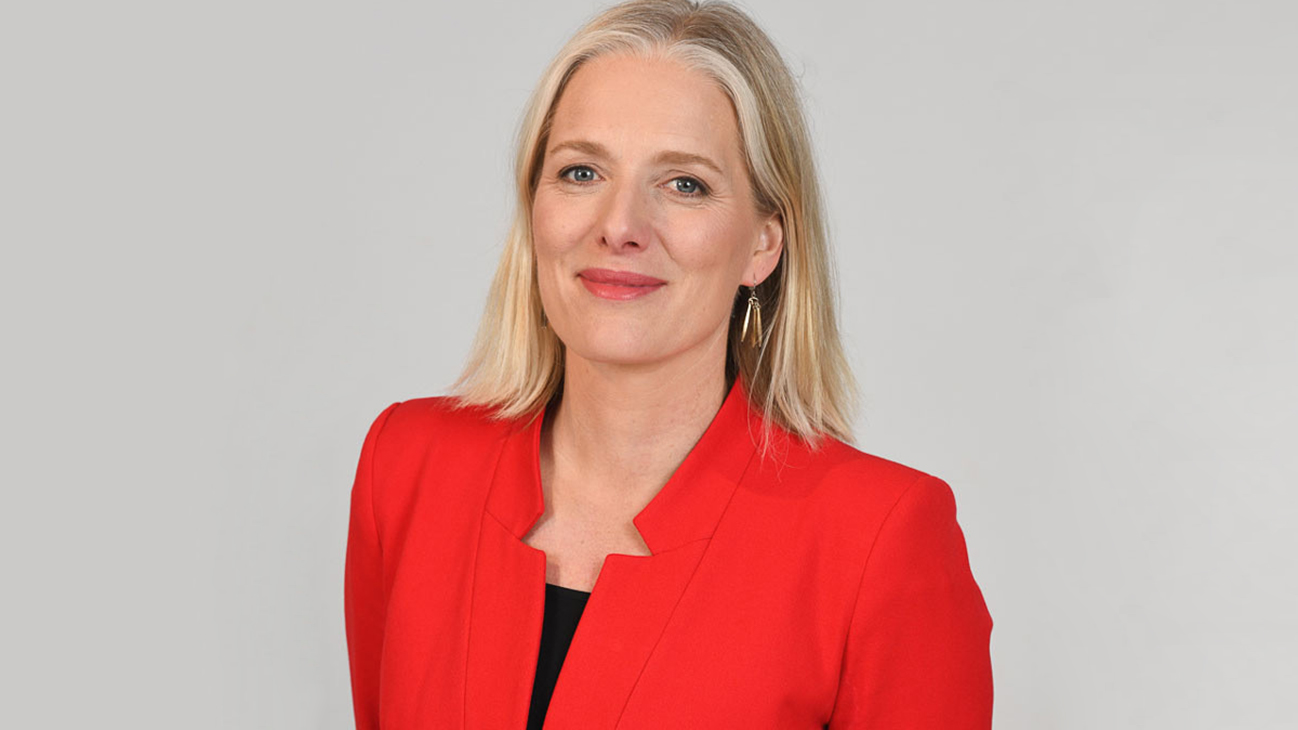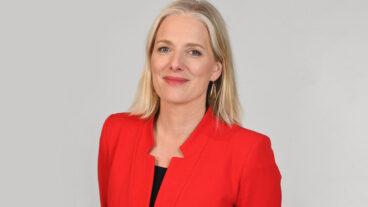Every business across every industry is deeply intertwined with environmental, social, and governance (ESG) concerns, whether they know it or now. It’s becoming more and more important to proactively track ESGs to not only appeal to today’s investors, but also consumers, for long-term success.
As the founder of OMX, tech entrepreneur Nicole Verkindt grew one of the biggest platforms to increase and measure a company’s socio-economic impacts within their supply chain, including ESGs and other sustainability metrics. She recently sold her company to Sustainalytics, which is owned by Morningstar.
We connected with Nicole to ask a few questions about ESG criteria and why it’s becoming a crucial measurement of success in today’s market.
First, let’s start with the basics — what is ESG?
Environmental, Social, and Governance (ESG) criteria are a set of standards becoming increasingly important for all companies. An organization’s ESG approach and rating will have a big impact on how they are assessed by investors, government institutions, and customers (both consumers and as part of procurement and supply chains).
The E stands for environmental criteria, such as the energy and resources a company takes in and discharges, and how this affects, and is affected by, the environment. Essentially, it’s the measurement of a company’s impact on the environment and on living beings.
The S stands for social criteria, which addresses the relationships a company has and the reputation it fosters with people and institutions within their communities. It includes labour relations, diversity, and inclusion.
The G stands for governance, which is how a company governs itself, which could include how they make effective decisions, comply with the law, and meet the needs of external stakeholders.
Why does tracking and reporting ESGs matter?
There are a few reasons why ESG tracking has increased in importance over the years. The initial phenomenon with ESGs came from investors who noticed a correlation between a company’s ESG rating and their general risk. A higher ESG rating resulted in general reduced risk. This in turn encouraged more investment. In addition, we’re seeing today that new investors and some of the larger pension funds are looking to support businesses that do good — this is where that ESG rating comes in as well.
Secondly, we’re seeing a lot more regulatory movements by governments. This was led by Europe with Canada and the US following. There is a desire for more reporting.
Thirdly, there is a selfish reason to track ESGs. Consumers want to buy from companies who are doing good, so ESG tracking is becoming a core part of marketing. People want to buy from these companies and investors want to invest in these companies.
Who should be paying attention to ESGs?
Every business across every industry should be paying attention, big or small.
Where should companies or leaders start?
Play to your strengths. People have this knee-jerk reaction to do it all and hit every category, but this isn’t necessary. If you are already heavily invested in or a clean tech business, lean into the E. It’s important that whatever you do is actually implementable; focus on where you have a natural strength.
Also, look into your supply chain. For most companies, 70% of their spend is in their supply chain so buy from companies with better ESG and this will impact your business as well.
On the reporting side, start engraining ESG reporting as a quarterly website update and adding it as a key component into your overall strategy vs. a single employee or department. Use this data to highlight and market your strengths.
As ESGs become an increasingly important component of modern business, it’s become one of our most requested topics. Meet some of the trending speakers in this category below and contact us at [email protected] to learn more.

Nicole Verkindt Nicole Verkindt has watched firsthand as ESG has grown in prominence and complexity over the past decade. She helps audiences better understand why ESG matters, the varying needs of stakeholders who reference ESG, and how technology is going to play a growing part in the rating process. |

The Hon. Catherine McKenna The Hon. Catherine McKenna is chair of the UN Secretary General’s new High-Level Expert Group on Net-Zero Commitments of Non-State Entities, which is working to develop stronger, clearer standards and criteria for measuring businesses’ commitments and efforts to reach net-zero by 2050. |



